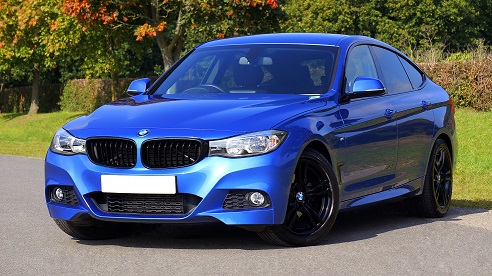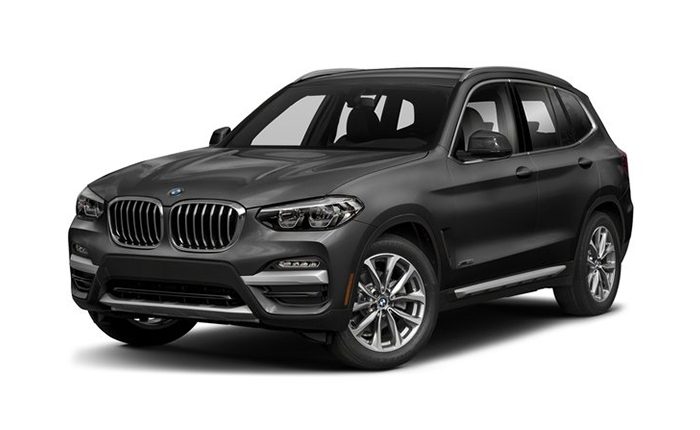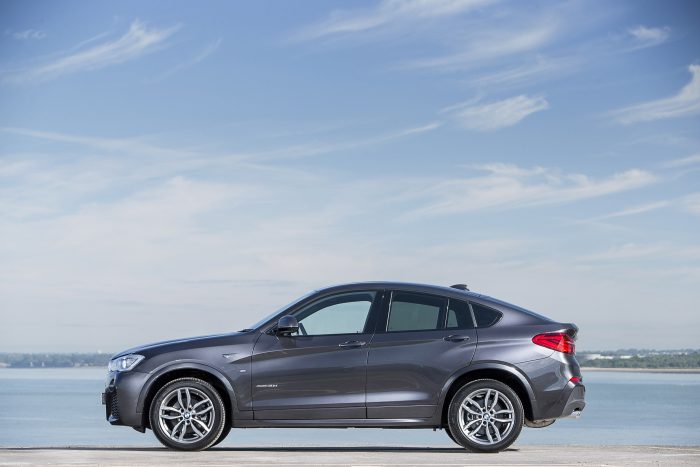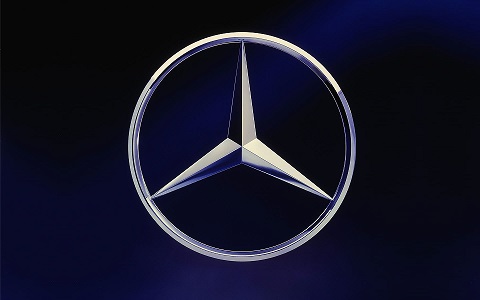Now Reading: BMW prepares to sell 100,000 plug-in cars in 2017
-
01
BMW prepares to sell 100,000 plug-in cars in 2017
BMW prepares to sell 100,000 plug-in cars in 2017
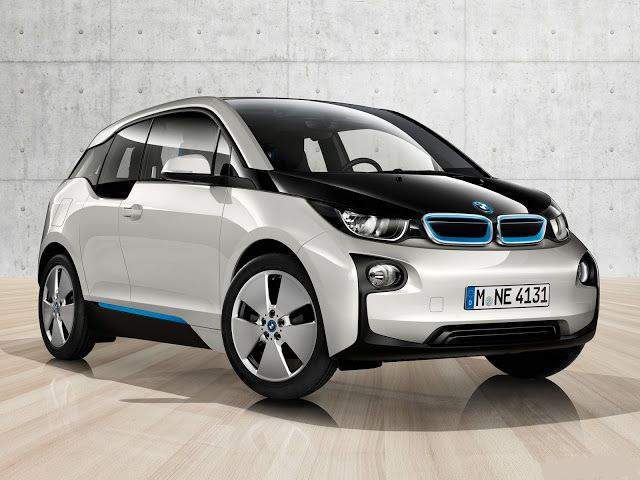
Among the recognized German luxury car manufacturers, BMW has until now shown the greatest dedication to electric vehicles.
It introduced the “i” sub-brand committed to plug-in cars in 2013, and continues to sell the i3 electrical city vehicle and i8 plug-in hybrid sport coupe.
BMW has likewise quickly broadened the number of plug-in hybrids based upon existing models in its lineup.
The car manufacturer has now set an enthusiastic goal to broaden sales of these vehicles quickly in the next year.
BMW anticipates to sell 100,000 electric vehicles and plug-in hybrids in 2017, CEO Harald Krueger said at a press occasion recently in Munich.
That objective, which echoes remarks Krueger made in an interview with German publication Suddeutsche Zeitung last month, represents a huge possible increase in sales of plug-in cars.
It would indicate moving the very same quantity of electric cars and plug-in hybrids BMW has sold in the last 3 years in just one year.
BMW started sales of the i3 electrical car in Europe in November 2013, and only crossed the 100,000-unit mark for all its plug-in automobiles assembled last month.
The sales increase belongs to exactly what BMW calls “Phase 2” of its electrification technique, which has the ultimate objective of making plug-in vehicles 15 to 25 percent of the automaker’s worldwide sales volumes by 2025.
Krueger stated BMW will continue to put money on the “i” sub-brand, although the car manufacturer is not dedicated to providing plug-in electric powertrains only in devoted designs provided through that brand.
The i3 is the only all-electric automobile BMW presently offers. In addition to the range-extended REx variant, it represented about 60,000 sales through November.
BMW is now anticipated to release all-electric versions of the X3 crossover and an undefined Mini model too.
The only other “i” design presently on sale is the i8 plug-in hybrid, although BMW does have at least three more “i” designs in the works.
These consist of a convertible version of the i8, and electric flagship luxury sedan codenamed “iNext,” the other is said to be extended-range electrical crossover, most likely called i5.
In the United States, BMW presently provides plug-in hybrid variations of the 3-Series and 7-Series sedans and X5 crossover, branded “i Performance.”
Use of the “i Performance” tag is implied to connect plug-in hybrids based upon existing models to the i3 and i8.
BMW also provides plug-in hybrid versions of the 2-Series Active Tourer and X1 crossover in Europe and China.
The Active Tourer hatchback is a front-wheel drive model, not to be puzzled with the rear-wheel drive 2-Series coupe and convertible provided in the U.S.
Plug-in hybrid variations of the 5-Series sedan and Mini Compatriot crossover will release soon as well.
Stay Informed With the Latest & Most Important News
Previous Post
Next Post
-
 01Polestar Boss Says It’s Time To Outrun BMW M And Mercedes-AMG
01Polestar Boss Says It’s Time To Outrun BMW M And Mercedes-AMG -
 02Spy Shots: 2027 Mitsubishi Pajero Spotted in Testing Ahead of Possible U.S. Return
02Spy Shots: 2027 Mitsubishi Pajero Spotted in Testing Ahead of Possible U.S. Return -
 032026 Toyota Hilux EV: A Powerful Truck with Silent Torque
032026 Toyota Hilux EV: A Powerful Truck with Silent Torque -
![2027 Mercedes-Benz S-Class Debuts with V8 Engine [Photo Gallery]](https://speedlux.com/wp-content/uploads/2026/01/2027-Mercedes-Benz-S-Class-33-155x125.jpg) 042027 Mercedes-Benz S-Class Debuts with V8 Engine [Photo Gallery]
042027 Mercedes-Benz S-Class Debuts with V8 Engine [Photo Gallery] -
 052026 Corvette ZR1 Production Surges Past Expectations as Output Clears 1,000 Units
052026 Corvette ZR1 Production Surges Past Expectations as Output Clears 1,000 Units -
 06Spy Photos: VW ID. Polo GTI Goes Electric with 223 HP and 280 Miles of Range
06Spy Photos: VW ID. Polo GTI Goes Electric with 223 HP and 280 Miles of Range -
 07The Controversial Ford Voodoo V8 That Was Killed Off Too Early
07The Controversial Ford Voodoo V8 That Was Killed Off Too Early



![2027 Mercedes-Benz S-Class Debuts with V8 Engine [Photo Gallery]](https://speedlux.com/wp-content/uploads/2026/01/2027-Mercedes-Benz-S-Class-33-700x394.jpg)




































